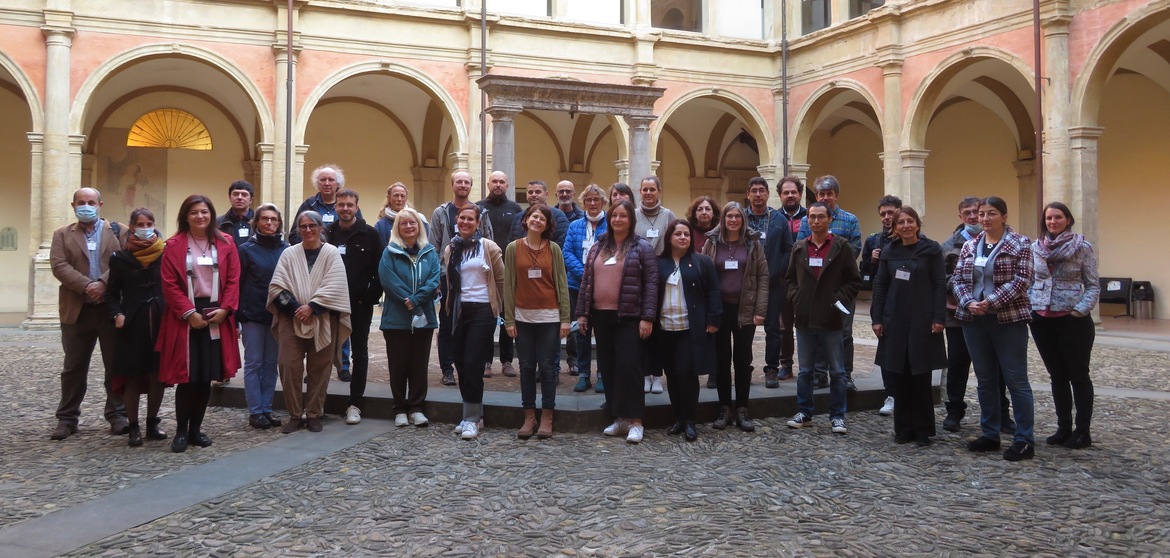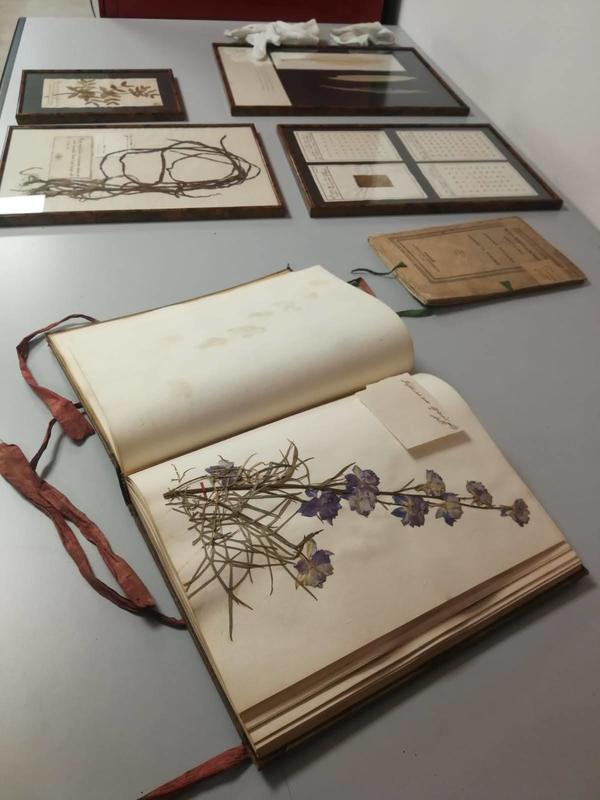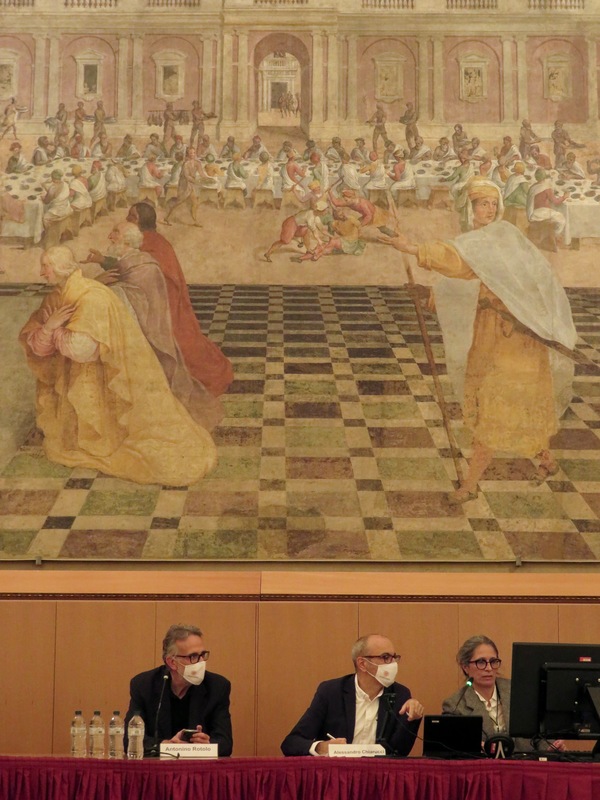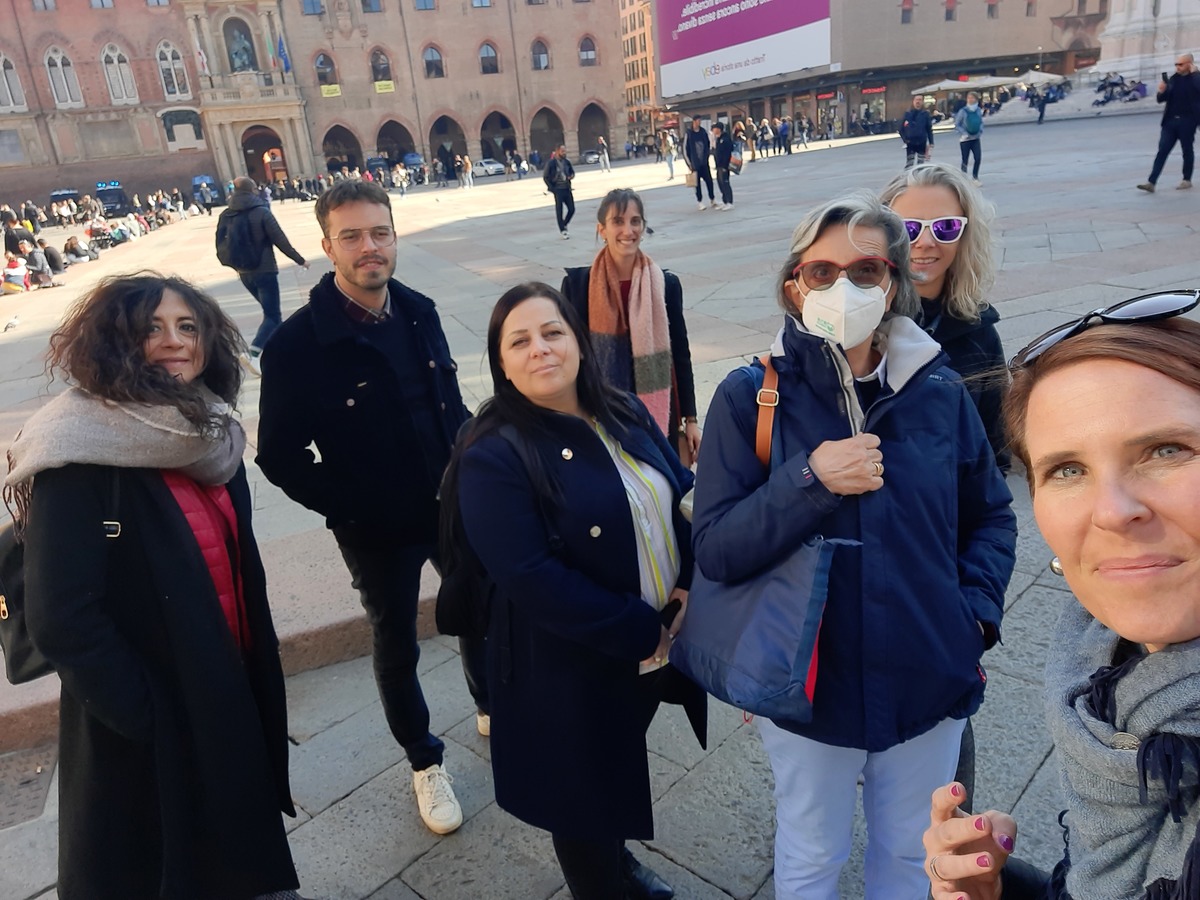Friday, 22 October 2021 “When the grass dies…”
Sandro Lanfranco
“When the grass dies, then the horse will die. The sheep will die too and the cow. Then the farmer will die, then his wife. Finally, his child will die, too.”
Old Eastern European saying.
This compelling saying captures, in a nutshell, the reason for conserving plant life. Those amongst us who may be disconnected from the natural world often find it easier to show support conservation efforts for endangered animals. After all, in some ways, these animals are just like us. It may be less easy to drum up enthusiasm for protecting plants, particularly those plants that do not match our aesthetic preferences.
However, from the ecological point of view, plants are immeasurably more important to us than animals have ever been. We depend on plants far more than we do on animals. They are sources of food and medicine; they form, replenish, and bind our soils; they play a part in atmospheric regulation and in the water cycle. The list goes on. Global environmental change, popularised as a major threat to animal life and to ourselves, is first and foremost, a threat to the plant life that sustains us. Never forget: “When the grass dies …”.
With this in mind, 80 participants from 25 countries descended on the medieval Italian city of Bologna, or participated online, to discuss current trends in the conservation of plant life. The meeting was held within the framework of the European Union’s COST (Cooperation in Science and Technology) programme and was organised by COST Action 18201 – “Conserve Plants”. The highlights of the two-day meeting were the keystone talks by John D Thompson and, jointly by Renate Sõukand and Yuliya Prakofjewa.

In a captivating talk, John Thompson spoke about the conservation of evolutionary potential in the Mediterranean Flora. He described how we should complement ideas on how to conserve plants by paying attention to hybrid forms, peripheral populations (where budding speciation takes place), genetic diversity among populations and the interaction between land use and climate change. These examples illustrate how to construct a dialogue that integrates ecological dynamics and evolutionary change into conservation strategies.
Renate Sõukand, an ethnobotanist, and Yuliya Prakofjewa took the approach that our life is composed of ‘narratives’ and that our relationship with plant life is one such narrative. The talk was titled “Talking in the void – the role of a human in plant conservation using the Polish-Lithuanian-Belarussian borderland as a case study”. At first sight an unusual topic for a talk in a science meeting, Renate and Yuliya’s skilful storytelling soon made it very clear that initiatives like their’s should be given a much more wider scientific audience, as they allow a reappraisal of our connection with the ‘big-picture’ of the natural world.


The two talks started from very different sources but ultimately converged upon the same broad conclusions: that we are all active ‘stakeholders’ in the context of plant life and global environmental change. The underlying message is that it is futile for the scientists to do their work without publicising their findings in a direct, intelligible format. If the scientist only speaks to other scientists them the social impact of the work might be lost. The importance of ‘simple messages’, backed up by scientific legitimacy, that communicate complex concepts was emphasised, and these simple messages can often be found in the vocabulary of folk wisdom about plants.
The talks provided a stimulating backdrop for the subsequent discussions about this COST action’s goals and the progress attained in reaching them.
As always, a single meeting, however productive it is, will not halt the global downward trend in plant diversity. The challenge that this meeting highlighted is clear: education is key, as it is only through this that the global public is continually made aware of the pivotal role of plant diversity in sustaining our everyday normality.
COST Action ConservePlants kicked-off in October 2019 and will end in October 2023. It is chaired by Živa Fišer from the University of Primorska and co-chaired by Giovanna Aronne from University Federico II in Naples. The Bologna meeting was hosted by Marta Galloni from Univerze Alma Mater Studiorum in Bologna. Over 150 scientists from 40 countries participate in this Action.





